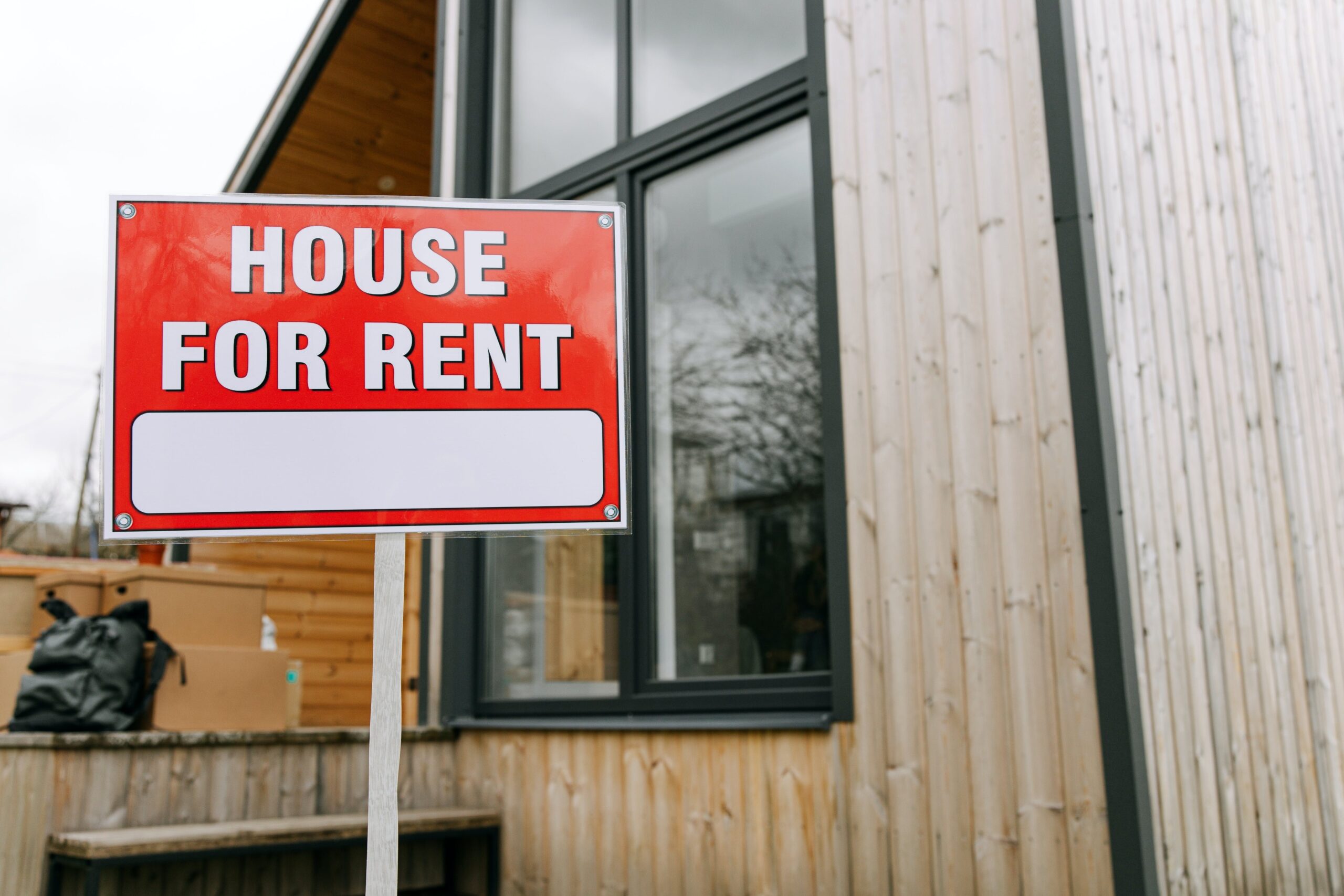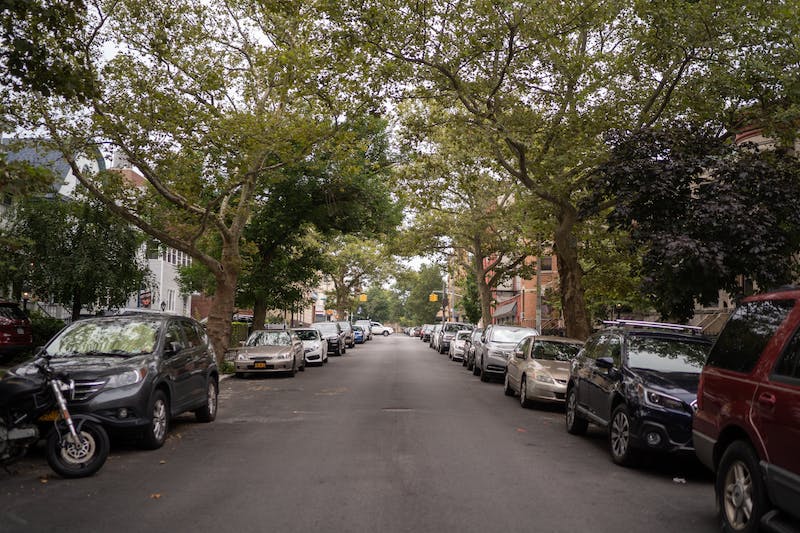Portland Oregon Among 10 Best Cities For Gen Z
Planning on moving to Portland, Oregon? If you’re part of Gen Z, you’re probably wondering if the PDX area offers you everything that you’re searching for. The answer to this question is yes! Portland offers all of the things that you’re looking for including great restaurants, breweries, entertainment options, things to do and more. Portland…
Read more





